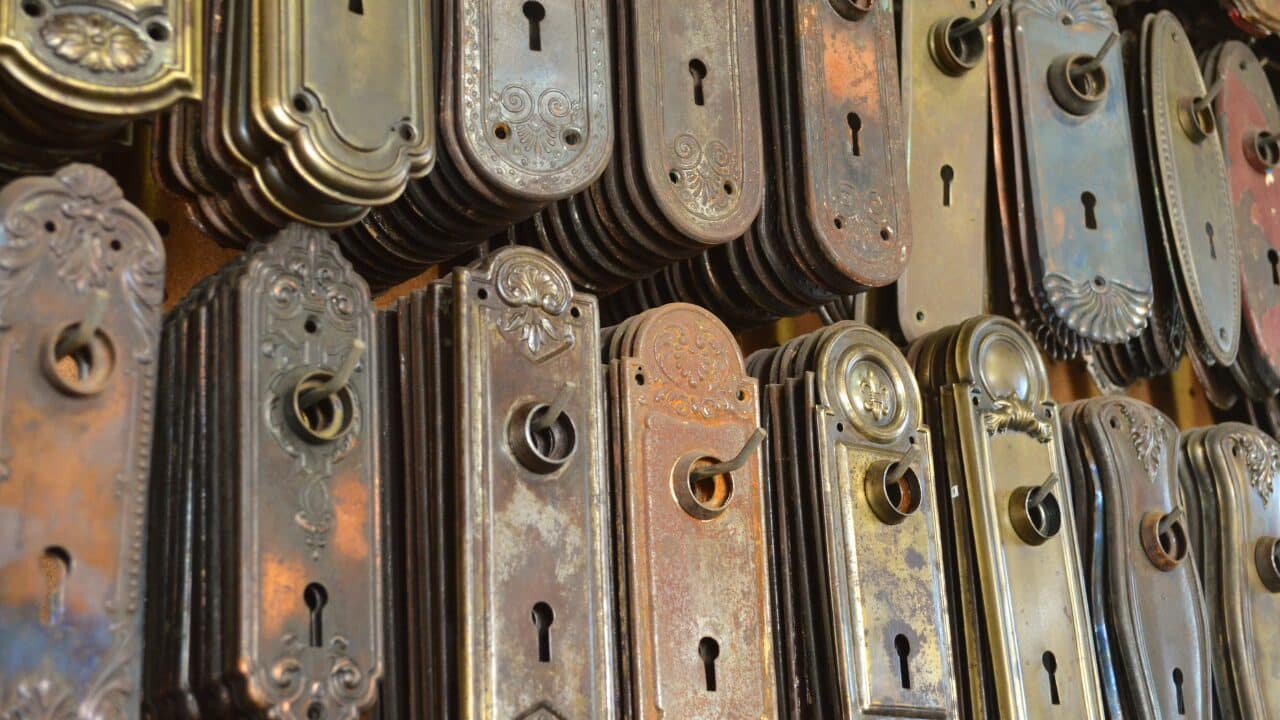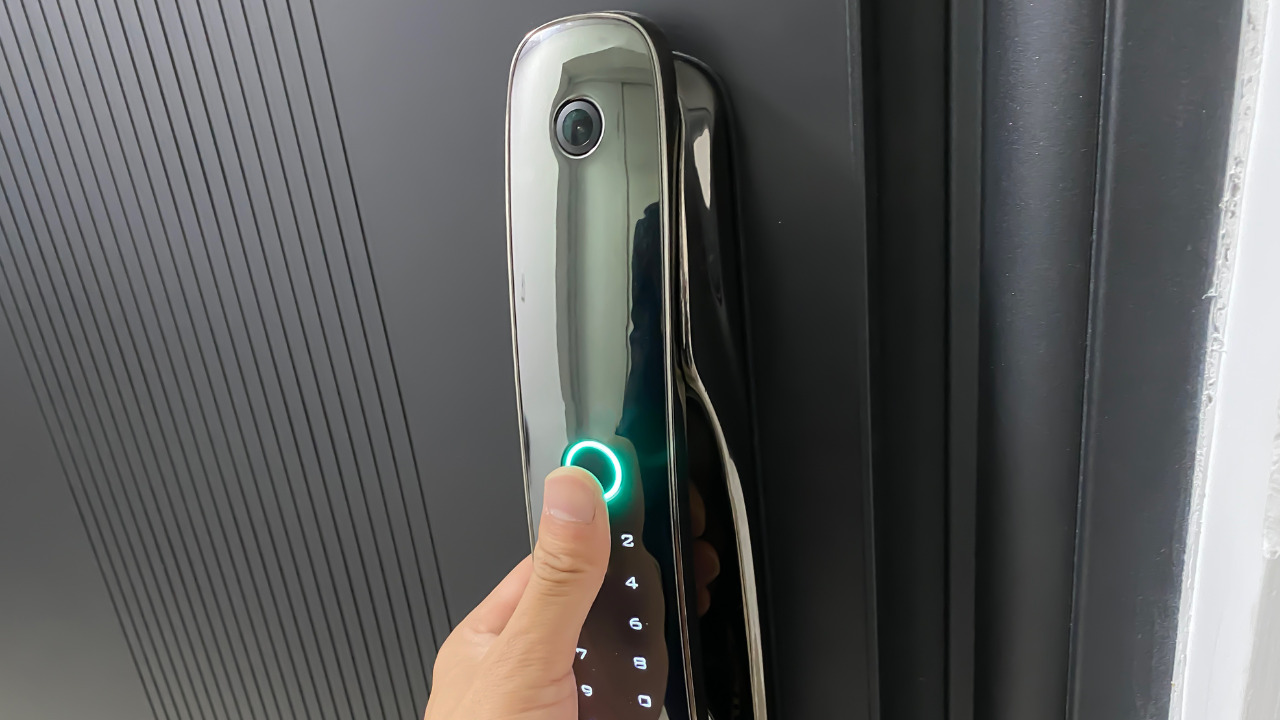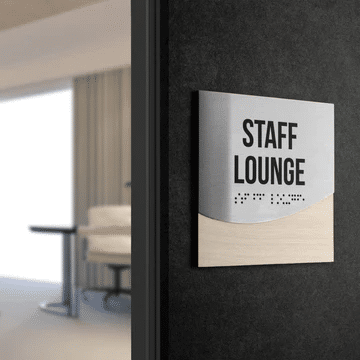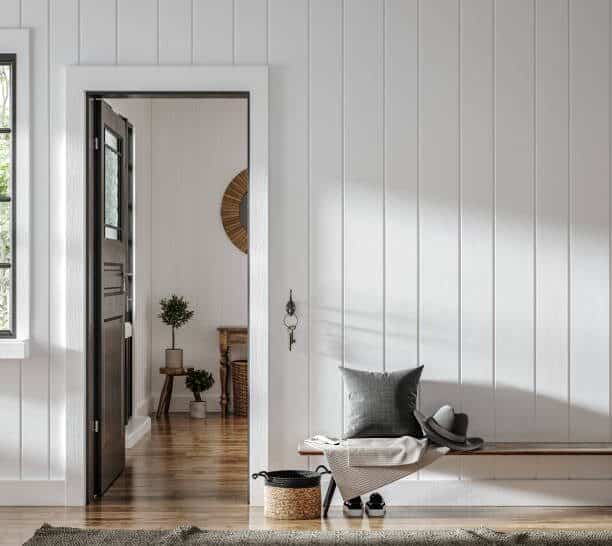Renovation projects in Brooklyn juggle old structures, new systems, and tight schedules. Door hardware often gets pushed to the end of the punch list, yet the choices you make about locks, strikes, hinges, and access control can determine whether a project feels secure, code conscious, and future ready. This guide outlines field tested decisions that contractors, property managers, and owners can apply across brownstones, mixed use buildings, and commercial fit outs.
Table of Contents
Start With Use Cases, Not Just Aesthetics
Before picking finishes, map how each opening will be used. Front entries need visual deterrence and single motion egress. Garden and roof doors see weather exposure and need reinforced strikes. Mechanical rooms favor restricted keyways and audit trails. Early conversations prevent costly change orders once drywall is up and door schedules are locked.
Know Your Grades And Lock Types
ANSI BHMA grades indicate durability. Grade 1 is heavy duty for high traffic commercial or multifamily corridors. Grade 2 suits most residential and light commercial. Grade 3 is economy tier and usually a poor fit for Brooklyn’s high cycle doors. Decide on format based on door construction and code:
- Deadbolt plus lever set for residential entries where appearance and budget matter.
- Mortise locks for historic doors that need longevity, through bolts, and smooth operation.
- Interconnected locks in multifamily where one motion egress is preferred.
- Panic hardware for commercial exits that require life safety performance and clear paths.
Reinforce The Frame And Strike
Security fails at weak points. Use 3 inch screws into the framing for strike plates. Consider a wraparound latch protector where design allows. On heavy or tall doors, continuous hinges or at least three high quality ball bearing hinges reduce sag, prevent binding, and keep latches aligned. If you are reusing old jambs, confirm that backset and bore sizes match the new hardware to avoid on site drilling surprises.
Prewire For Smarter Locks And Access Control
Smart locks, video intercoms, and card or fob readers benefit from clean power and data. Pull low voltage during rough in, leave service loops, and label home runs to a central location. For small systems, a dedicated 12- or 24-volt power supply with battery backup keeps doors online during outages. For larger spaces, coordinate with IT to use PoE where possible. Avoid daisy chaining extenders, plan for surge protection, and specify enclosures that can be serviced without opening finished ceilings.
Key Control That Scales
Even single family projects benefit from rekeyable cores after turnover. For multifamily and commercial, restricted keyways and a documented master key hierarchy reduce rekey costs and lost key risk. Store bitting charts securely and avoid ad hoc duplication. A locksmith can build a system where management holds masters while tenants receive change keys, and sensitive rooms get their own sub masters.
Working with a local, code familiar partner saves time and callbacks. A seasoned Locksmith in Brooklyn understands landmark constraints, door vendor quirks, and borough specific inspection expectations. Bringing them in during preconstruction often yields better hardware schedules, tighter coordination with door suppliers, and realistic lead times.
Weather, Corrosion, And Finish Longevity
Brooklyn’s coastal climate is tough on hardware. Favor stainless fasteners and marine grade finishes on exterior doors and roof egress. For salt exposure near the waterfront, verify finish codes like 630 or equivalent PVD that resists tarnish. On steel doors, protect cut edges with primer to prevent rust creep under hardware escutcheons.
Sequencing That Prevents Punch List Pain
- Confirm door handing and swing early to avoid wrong prep from the factory.
- Dry fit hardware before painting. Mask carefully to protect finishes.
- Test closer swing speed and latch engagement with weatherstripping installed.
- Photograph every opening after final adjustment, including latch alignment and strike contact.
Budget Where It Matters
Spend on locks, cylinders, and closers. Save on decorative trim that can be swapped later. Cheap closers create slamming doors that fail to latch and cause lock damage. In multifamily, a single misbehaving corridor door can generate weekly service calls. Quality cores, correct door preps, and accurate key records pay for themselves in reduced maintenance.
Code And Compliance Awareness
Coordinate with the architect and expeditor so hardware selections meet ADA clearances, fire rating labels, and egress rules. Avoid double cylinder deadbolts on required egress doors. Confirm that any electrified hardware fails safe or fails secure as required by occupancy type and life safety plans. When in doubt, request submittals and cut sheets for the permit set.
Checklist For A Smooth Turnover
- Final keying plan and who holds which keys
- Documented access codes or credential provisioning steps
- Battery replacement schedule for smart devices
- Closer and latch adjustments logged per opening
- As built photos and serials for future service
Why Brooklyn Chooses Eddie and Sons Locksmith
For projects that need fast response, expert installation, and honest pricing, Eddie and Sons Locksmith brings more than twenty years of local experience to homes and businesses across the borough. Their team handles everything from Grade 1 mortise installs to smart lock integrations, along with emergency service when schedules are tight. Call 718 701 8833 to discuss your door schedule, plan a rekey at turnover, or set up access control that scales with your property.
Name: Eddie and Sons Locksmith
Address: Brooklyn, NY
Phone: (718) 701-8833
Website: nybrooklynlocksmith.com





